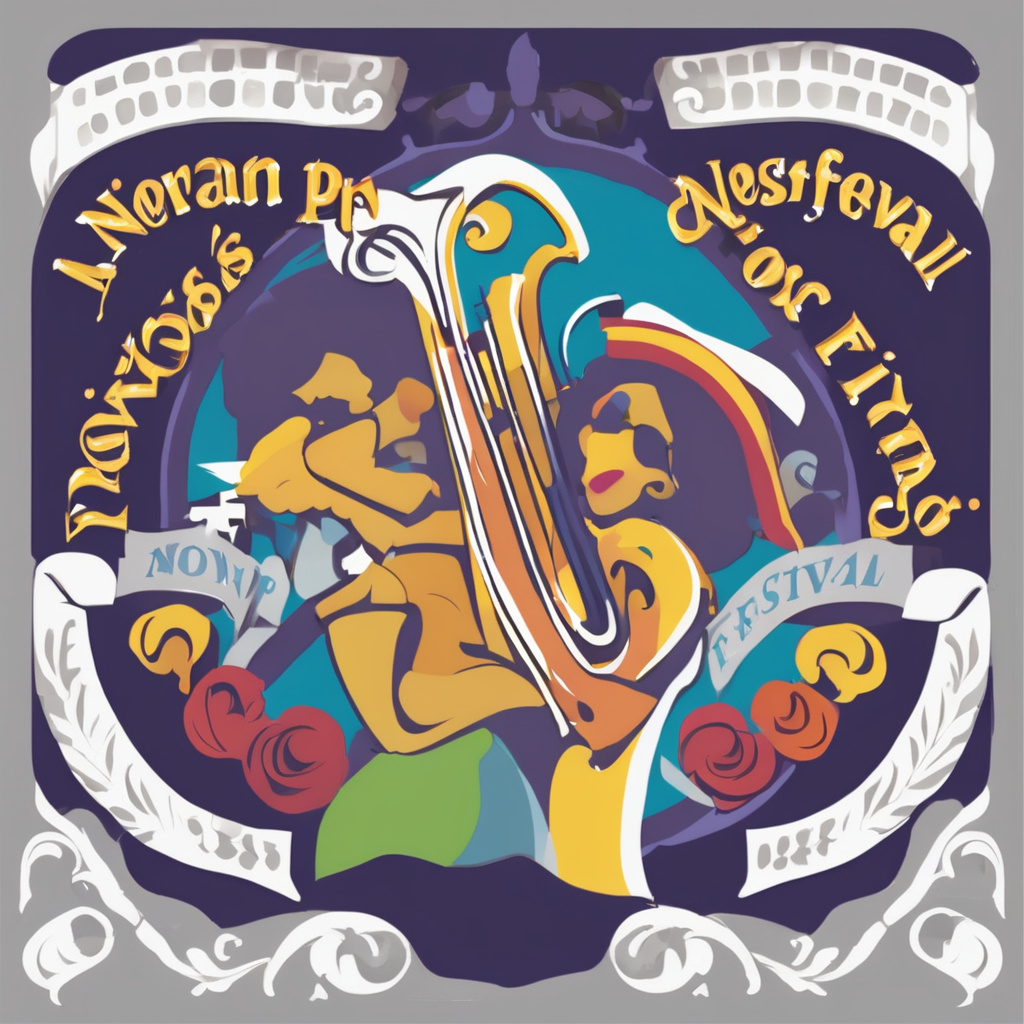Overview of Celtic Stone Carving Workshops in the UK
Celtic stone carving is deeply rooted in history, dating back centuries as an art form symbolizing cultural heritage. The intricate designs, often featuring interlaced patterns and knotwork, reflect the craftsmanship and spiritual significance synonymous with Celtic traditions. Recently, an increasing fascination with stone carving workshops in the UK is noted, highlighting a revival of interest in these ancient artisanal practices.
Many enthusiasts across the UK are drawn to these immersive workshops that offer hands-on experience in Celtic stone carving. Participants have the opportunity to engage deeply with the art form, learning the historical context and symbolism behind the creations. These workshops serve as cultural touchpoints, connecting individuals to a bygone era while fostering modern appreciation for traditional crafts.
Also to see : Explore alpe d'huez accommodation: your perfect alpine escape
Workshops offer a distinct blend of education and practice, encouraging attendees to explore their artistic talents and discover the meditative qualities of stone carving. Through guided sessions, participants refine their skills and gain insights into the meticulous processes involved. The experience is often enriched by the shared passion among participants and the inspirational environment created by experienced instructors.
Top Rated Celtic Stone Carving Workshops in the UK
Exploring top-rated workshops is essential for enthusiasts seeking quality experiences and skill development in Celtic stone carving. Reviews consistently highlight workshops like “The Sculpture School” in Devon for its welcoming atmosphere and experienced instructors. Participants commend the personalized guidance and inclusive environment, enhancing the learning journey.
Also read : Explore British Fashion: Essential Destinations for In-Depth Guided Tours
Another standout is “The Art of Carving Studio” in Edinburgh, known for its focus on both traditional and modern carving techniques. Attendees commented on the diverse range of skills taught, from knotwork to contemporary designs, making it a versatile choice for all skill levels.
Comparing workshop features reveals unique specializations. For instance, “Chisel & Stone” in West Sussex emphasizes meditative qualities of carving, integrating mindfulness practices into sessions. This approach has garnered positive reviews for its calming effect, marking it distinct from others.
User feedback typically praises these workshops for their detailed instruction and supportive communities. They are well-liked for providing comprehensive materials and state-of-the-art tools. Ultimately, selecting the right workshop aligns with personal goals, whether it’s mastering intricate carvings or enjoying creative expression among passionate peers.
Techniques Taught at Celtic Stone Carving Workshops
Engagement in Celtic stone carving workshops provides a thorough exploration of various carving techniques, equipping participants with a rich tapestry of skills. These workshops introduce traditional Celtic carving techniques that have been meticulously preserved and passed down through generations.
Traditional Celtic Carving Techniques
Central to these workshops are techniques like knotwork and symbolism, which are quintessential to Celtic art. Knotwork intricately intertwines lines to form continuous patterns that hold cultural significance, teaching patience and precision.
Modern Approaches to Stone Carving
Alongside traditional methods, modern approaches are gaining traction, providing a fresh perspective. Participants learn to integrate contemporary styles, which often involve abstract elements and novel designs, broadening their creative horizons.
Tools and Materials Used
Practical sessions in the workshops utilise various tools and materials to ensure a comprehensive experience. Newcomers and seasoned carvers alike are introduced to chisels, mallets, and polishing tools, alongside appropriate stones. This hands-on approach not only fosters skill development but also instils confidence in using these tools independently.
By embracing both classic and innovative techniques, attendees can cultivate a personalised and versatile artistic style.
Instructor Backgrounds and Expertise
Celtic stone carving workshops in the UK are not only defined by the art form but greatly enriched by the exceptional instructors guiding these sessions. Many instructors possess expertise accumulated over decades, ensuring participants receive a robust education in stone carving techniques. Often, these instructors are accomplished artisans who’ve had their work featured in prestigious exhibitions, showcasing the depth of their craftsmanship and dedication.
The teaching methods adopted by these instructors are highly individualised, accommodating various skill levels, which allows participants to advance at their own pace. Their approach often involves a balance between structured learning and creative exploration, encouraging an open-minded art experience. This uniqueness in teaching style helps in fostering an immersive environment, ideal for developing personal artistic styles.
Instructors stand out through their personable engagement with participants, always ready to provide insights and constructive feedback. Such guidance ensures participants gain not only technical skills but also a deeper appreciation for the cultural significance of Celtic stone carving. Moreover, many instructors are committed to maintaining a welcoming atmosphere, contributing substantially to the overall quality and enjoyment of the workshop experience.
Workshop Locations and Facilities
Celtic stone carving workshops in the UK are strategically located to offer a rich blend of scenic beauty and cultural heritage. Many workshops are nestled in historic towns or rural settings, enhancing the immersive experience for participants. These locations are often steeped in history, allowing attendees to draw inspiration from their surroundings as they engage in carving.
The facilities provided cater to both beginner and experienced carvers. Workshops typically offer spacious studios equipped with essential tools and carving stations, ensuring participants have a comfortable environment to work in. Some facilities even include specialised areas for outdoor carving, taking advantage of the natural beauty of the location.
The ambience of these workshops is integral to the learning experience. Many sites boast picturesque landscapes or are housed in architecturally significant buildings, providing a serene and contemplative atmosphere that complements the meditative nature of stone carving. Such environments are not only conducive to creativity but also foster a sense of community and connection among participants, enhancing the overall workshop experience. These aspects are pivotal in making each workshop memorable and rewarding.
Pricing and Booking Information
Understanding the pricing and booking process is crucial for those eager to delve into Celtic stone carving workshops in the UK. Workshop fees typically vary based on duration and instructor expertise. Pricing often includes comprehensive sessions that cover all essential materials and tools. Participants can expect to pay between £150 for a single day to upwards of £1000 for extensive multi-day courses, with prices reflecting the depth of instruction and resources provided.
When it comes to booking, most workshops require advance reservations due to limited spots. It is advisable to book well ahead to secure desired dates and locations. Many organizers offer flexible booking options through the workshop’s website, allowing participants to choose dates that fit their schedules.
Participants might also find occasional discounts or promotions available, particularly during off-peak seasons or for group bookings. It’s beneficial to sign up for workshop newsletters or follow their social media for updates on offers. By understanding these aspects of pricing and booking, potential attendees can better plan their learning experience in this age-old craft.
Unique Features of the Workshop Experiences
Participating in a Celtic stone carving workshop in the UK offers unique experiences that go beyond just learning the craft. These workshops often incorporate extra activities that enrich the overall learning process. For example, participants might have the chance to engage in guided tours of nearby historic sites, providing deeper insight into the cultural backdrop of Celtic art.
Workshops often introduce collaborative projects, allowing participants to work together on larger stones, fostering a sense of teamwork and community. These projects can culminate in exhibitions where attendees showcase their creations, offering a platform to celebrate their newfound skills and creativity.
Testimonials from past participants highlight the memorable nature of these workshops, emphasizing the blend of learning and personal growth. Many recount the joy of meeting like-minded individuals and the lasting friendships formed during the sessions. Overall, the emphasis on community and shared passion makes each workshop a unique and rewarding journey. The immersive environment, combined with artistic exploration, ensures that each participant leaves with not only enhanced skills but also cherished memories.
Tips for First-Time Participants
Embarking on a Celtic Stone Carving workshop for the first time is an exciting journey. Here are essential tips to help you prepare and make the most of the experience. Firstly, familiarize yourself with basic carving techniques and terminology to grasp the instructions more effectively. Access free online resources or, if possible, borrow books from libraries to kick-start your understanding.
Before attending, consider comfortable clothing suitable for workshops. Clothes should allow ease of movement and be durable to withstand potential dust and debris. Bringing a notebook can be helpful for jotting down techniques or personal tips shared by instructors.
For continued learning and support, joining community groups or networks, especially those focused on stone carving, can be invaluable. These groups are rich in shared experiences, offering advice and encouragement even after the workshop ends. Online forums can also serve as excellent platforms to connect with peers and experts alike, providing guidance and fostering a sense of community long after participation.
Preparing with these steps ensures you enter the workshop well-equipped and leave with lasting skills and connections.



